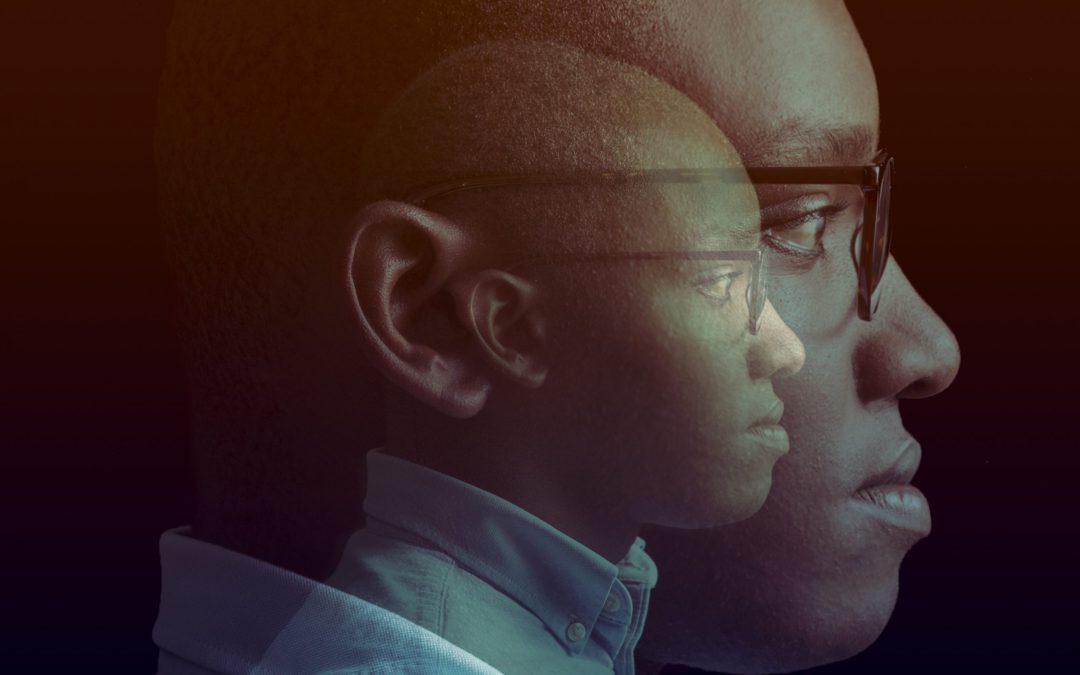Jordan B Peterson: a conversation around men’s mental health
Here’s what he has to say about being a man in the 21st century…

5 minute read
Read the full series of interviews with Lewis Howes, Mike Gayle, Ed Halliwell and Thomas Page McBee in the November issue of Psychologies magazine, on sale now.
“I think the nuclear family got a bad rap, and I see that as a big mistake”
Jordan B Peterson is a clinical psychologist and professor (now on sabbatical) at the University of Toronto. He has a strong following of young men, and has been in the headlines recently in relation to several controversial gender-related subjects, including debates around monogamy and gender-neutral pronouns.
‘There has been an overwhelming improvement in living standards in the last 100 years, and it’s been accelerating since the year 2000. Far fewer boys are going to grow up in poverty, as a percentage of the world’s population, than has been the case in the history of the planet. That means more boys will be healthy and able to get schooling and make use of their talents. So, on a global level, things look positive for men,’ he says.
‘More locally, in the West, there is some conflict between men and women right now, as we work out our respective roles in the aftermath of [the social changes that followed] the birth control pill but I suspect that we will probably muddle through as we always have,’ he says.
‘There’s also an ideological battle – the criticism directed at the hypothetically tyrannical and patriarchal structure – that does no one any good, as far as I’m concerned, least of all boys, who risk having their ambition and high levels of activity conflated with oppression and tyranny. It’s just not helpful!’ says Peterson.
‘I think the nuclear family got a bad rap, and I see that as a big mistake because that is the very place people find key meaning in their lives. Career, productive and meaningful use of your time outside of work, family and an intimate relationship – that’s pretty much 90 per cent of life. And the traditional forms of relationships between men and women provide for the possibility of that at least. So, my sense is that breathing new life into old forms would be a useful thing for us to do. If people aren’t able to establish meaningful lives to tie them into a family and the community in an engaging way, they are more likely to become depressed. People need a place and a purpose and a pathway forward. Part of it too, of course, is the rate of technological change – it’s more difficult for people to plot a pathway forward, but they have more opportunity as well.
‘So, that’s the challenge: ensuring that people have a place that they can carve out for themselves as things change rapidly around them. Again, that’s why I think that emphasis on the traditional forms provides people with a certain amount of stability,’ says Peterson.
‘All sorts of things are thrown into the relationship mix now that we don’t really understand. Dating apps like Tinder are unbelievably revolutionary. Tinder lowers the cost of rejection to virtually nil, and it makes sex more freely available to at least a small minority of men – but the probability that that’s a useful social innovation is, I would say, zero. It takes all the responsibility out [of relationships].
‘It doesn’t seem to be good for men or women to reduce intimacy to a technologically mediated series of one-night stands. And, if you treat people like that (as a means to an end, essentially, because it seems to me that a one-night stand is short-term mutual pleasure and little else) then you basically reduce the interaction between men and women to only that. I can’t see that leads anywhere other than to something approximating a psychopathic view of the world,’ says Peterson.
‘I can’t see how that can possibly be good for anyone, men and women alike.’
Listen to the ‘Jordan B Peterson Podcast’ at jordanbpeterson.com
Read the full series of interviews with Lewis Howes, Mike Gayle, Ed Halliwell and Thomas Page McBee in the November issue of Psychologies magazine, on sale now.
Image: Getty






